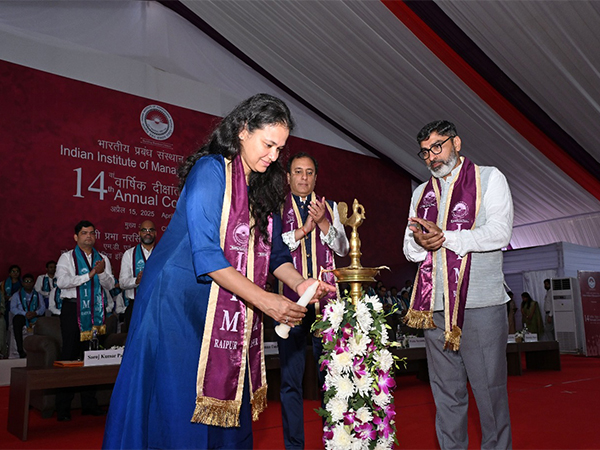Entrepreneurs work better if able to choose right ideas or team members, but not both
Dec 03, 2021

Hamburg [Germany], December 3 : Researchers have recently suggested that autonomy can lead to better entrepreneurial team performance, but there are different types of autonomy.
The study has been published in the 'Organization Science Journal'.
Viktoria Boss and Christoph Ihl, both from the Hamburg University of Technology, and Linus Dahlander and Rajshri Jayaraman, both from ESMT, investigated how two types of autonomy affected the performance of entrepreneurial teams: choosing project ideas to work on and choosing team members to work with.
The researchers ran a field experiment involving 939 students on a start-up entrepreneurship course in which students were organized into teams to develop and pitch business ideas. Individuals were assigned to one of four scenarios: 1) choosing their team members and idea, 2) choosing their team members, 3) choosing their idea, or 4) choosing neither their team nor idea.
In teams, students developed an entrepreneurial pitch deck, a presentation aimed at hypothetical venture capitalists to secure funding. Pitch decks were assessed on six criteria: novelty, feasibility, market potential, the likelihood of success, the likelihood of invitation for follow-up, and investment amount.
Results showed that teams with autonomy to choose ideas or team members outperformed teams without the autonomy to choose either. However, the effect of choosing ideas was significantly stronger than the effect of choosing teams. Also, these benefits were not seen for teams granted full autonomy over choosing both ideas and teams.
Professor Dahlander said, "Choosing ideas or teams can lead to a better match of ideas with team members' interests and prior network contacts among team members, respectively. Also, granting autonomy increases feelings of confidence which can have a motivational effect. However, if confidence rises above a critical threshold, teams can experience overconfidence and exhibit complacency and lack of focus. This points to the possibility that those who chose both teams and ideas experienced too much confidence too soon, reducing subsequent effort."
These findings are important to the professionalization of entrepreneurship, particularly incubator and accelerator programs, most of which give aspiring entrepreneurs a choice on both ideas and team members. These results suggested granting autonomy solely over choosing ideas would lead to the highest performance outcome.




















